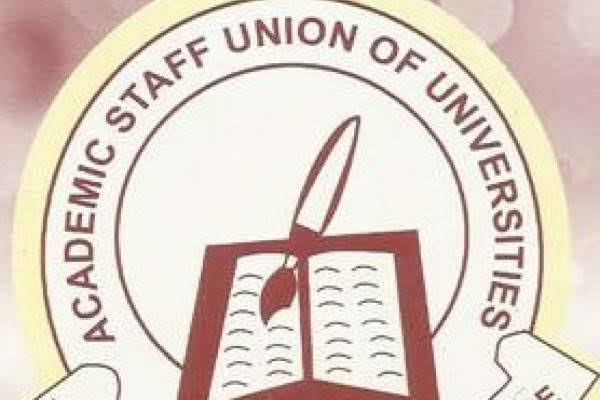
Samuel Omang
The Federal Government and the Academic Staff Union of Universities (ASUU) will meet in Abuja today in what is being described as a make-or-break session to finally resolve the lingering 2009 agreement dispute that has plunged Nigeria’s university system into years of instability.
The meeting, to be led by Minister of Education, Dr. Maruf Tunji Alausa, will also include the Minister of Labour, representatives of the National Salaries, Incomes and Wages Commission, and the Solicitor-General. Their task is to thrash out a timetable for signing and implementing the renegotiated 2009 FGN–ASUU agreement, after months of growing tension.
Union leaders are warning that their patience is exhausted. ASUU insists the federal government must sign and enforce the renegotiated draft concluded in December 2024 and formally submitted in February 2025. Failure, they say, could trigger another nationwide shutdown of public universities.
At a recent briefing, Professor Al-Amin Abdullahi, the Abuja Zonal Coordinator of ASUU, said the union had kept its part of the bargain and expected government to do the same, stressing that delay would no longer be tolerated.
The 2009 agreement, signed under the late President Umaru Musa Yar’Adua, promised sweeping reforms: revitalisation funding for public universities, institutional autonomy, improved salaries and conditions for lecturers, and a framework for accountability. Yet successive governments failed to deliver on these commitments, leading to repeated industrial actions. Analysts calculate that since 1999, strikes by ASUU and allied unions have robbed the university system of nearly five years of cumulative academic time, eroding public confidence in higher education and pushing thousands of Nigerian families to seek opportunities abroad.
What sets today’s talks apart, officials say, is the approach of Education Minister Alausa. Earlier this year, the Tinubu administration released ₦50 billion to settle decades-old earned academic allowances, a move widely seen as a trust-building gesture. Alausa has also championed the Diaspora BRIDGE Initiative, a platform linking Nigerian professionals abroad with universities at home for mentorship, research collaboration, and curriculum support. Policy voices, including Dr. Dakuku Peterside and Professor Yemi Oke, have praised the initiative as a deliberate attempt to transform brain drain into brain circulation.
The agenda in Abuja is expected to reconcile the Yayale Ahmed draft of December 2024 with the original 2009 pact and subsequent recommendations such as the Nimi Briggs report, mapping out phased funding commitments into the national budget and producing a legally binding document for signature.
For ASUU, this is the government’s last chance to show seriousness. For the federal government, it is a defining test of credibility. And for millions of students and parents across the country, today’s outcome could determine whether Nigeria’s public universities finally emerge from a cycle of broken promises and endless strikes.
